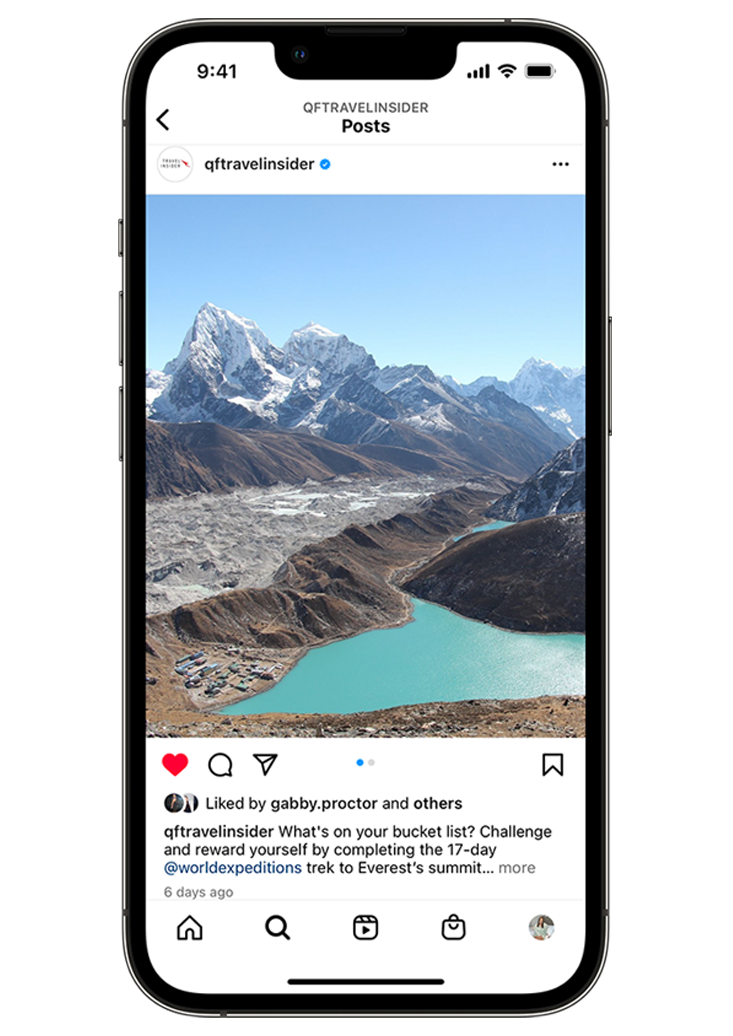How Female-led Philanthropy is Creating Lasting Social Impact
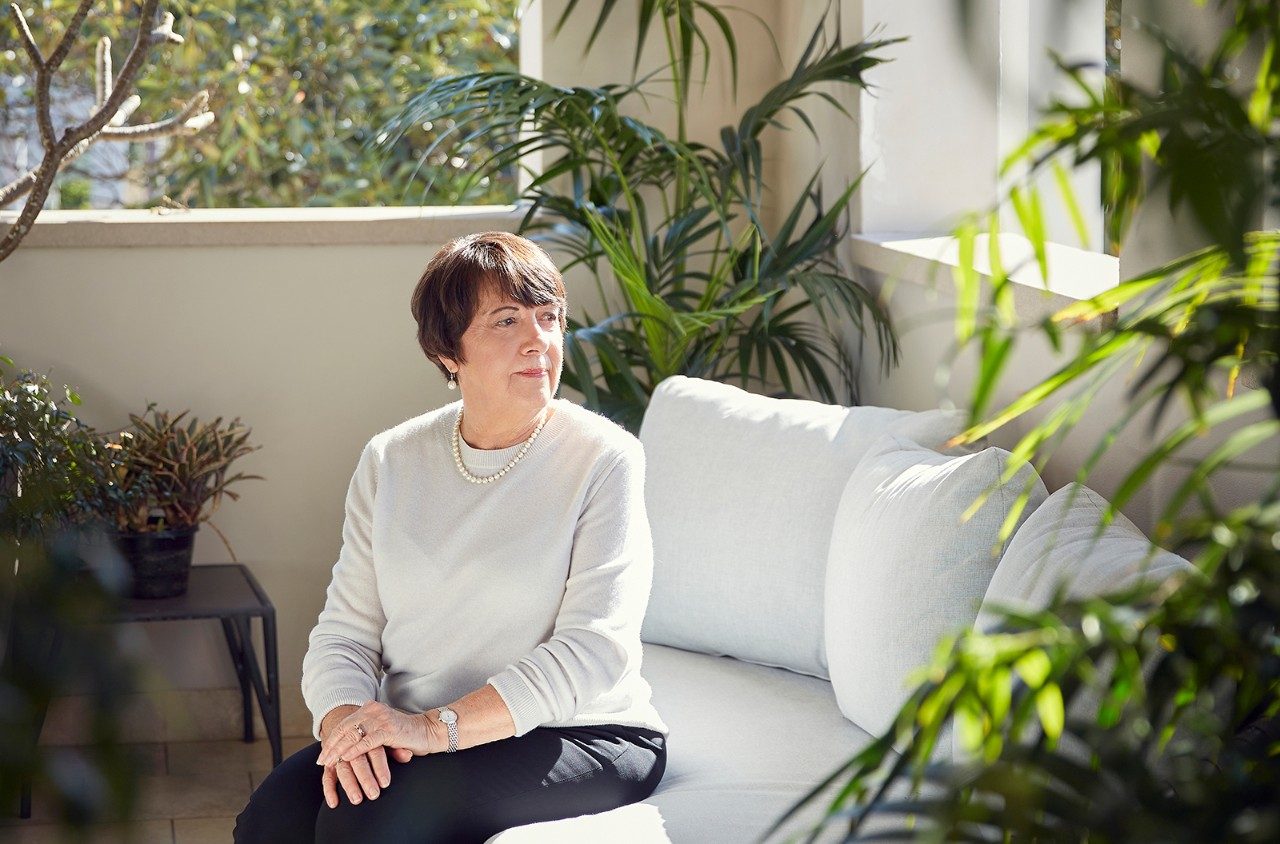
Female-led philanthropy is quietly driving significant and lasting social impact across Australia. And it’s on the rise.
“Australians don’t like the word ‘philanthropy’,” says author and former book editor Paula McLean (above). Melissa Smith, founder of philanthropy and fundraising advisory Noble Ambition, agrees. “The term has become quite a loaded one,” she says. “People feel that philanthropists are older men sitting on a couch giving away lots of money.” In fact, the reality is quite different.
To address the disconnect, Smith and McLean created the She Gives movement, to showcase how Australian women give and inspire others to join in. “The She Gives campaign is powered by the voices of women reclaiming philanthropy as giving in myriad ways, including time, talent, treasure, action and advocacy,” says Smith, for whom philanthropy has been both a passion and profession for two decades.
“All giving is critical and it begins with grassroots giving at small levels,” says McLean. In 2007, she and husband Rob set up the McLean Foundation to assist with conservation, education and community projects, later adding literature to their portfolio. In 2021, she donated $1 million to support the Stella Prize for writing by Australian women. Born in a small town in upstate New York, she remembers her parents always gave to local causes. “My father never turned anyone away.”
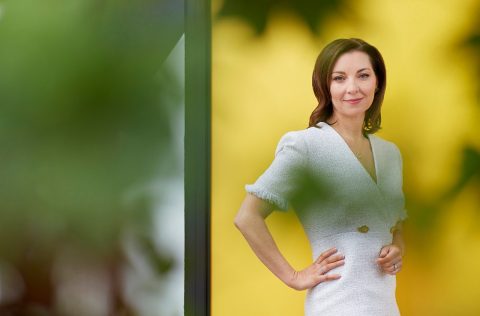
Working with Smith to devise the She Gives initiative, McLean hosted many discussions around her dining table. The campaign launched in July last year with a paper that included collections of data from a range of academic reports outlining charitable donations in Australia. The numbers show that women have long been at the centre of giving.
In 2020-2021, more women made and claimed tax-deductible donations than men (29.39 per cent or 2.19 million female Australian taxpayers versus 26.08 per cent or two million of their male counterparts). Women, who are generally the drivers of family giving, are becoming wealthier in their own right and the beneficiaries of intergenerational inheritances. A March 2024 report from JBWere estimated that women will become the custodians of more than 65 per cent of the $4.9 trillion wealth transfer in Australia.
“This is already starting to happen and will be very, very significant over the next 10 years,” says McLean. “It’s an enormous opportunity to grow giving and to learn how to give with more impact.” She and Smith hope to expand the She Gives movement by sharing inspiring stories of philanthropy. They aim to feature 100 stories of Australian women on its website, 20 of which are being captured as oral histories and will eventually become part of the National Library of Australia’s permanent collection.
“We need more role modelling, which for many reasons is harder for women who aren’t always comfortable sharing their stories about why they give,” says Smith.
“These stories will show how we all have the capacity to contribute to positive social change.”
Finding and filling the gaps
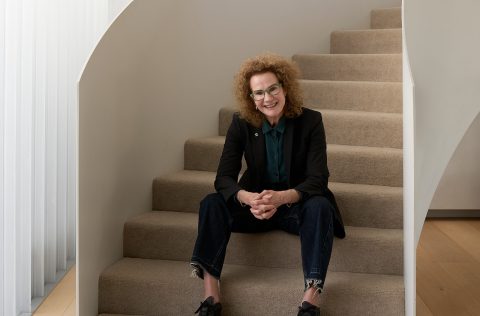
Carol Schwartz is a businesswoman and deputy chair of the Reserve Bank of Australia’s governance board. She is also a formidable philanthropist. Schwartz’s parents, the late Eva and Marc Besen, “never used the word ‘philanthropy’,” she says of the retail entrepreneurs, “but support of the local community, schools and hospitals was part of my everyday life. I think it’s almost part of my family’s DNA.”
Alongside her husband, Alan, Schwartz has plotted a purposeful path of giving. “We’ve looked for gaps and tried to be both effective and entrepreneurial with our philanthropy,” she says. “Because we were contributing our own money, we could take some risks and do things other organisations perhaps didn’t have the flexibility to do.”
Since 2004 the couple has given support to numerous projects through the Trawalla Foundation, focusing on the issues they’re most passionate about: gender equity, creativity, climate transition and social justice.
Schwartz says the “highlight of my philanthropic life” was founding Pathways to Politics for Women. “That was a time when my philanthropy was driven by outrage,” she says, reflecting on 2014, when the federal government had only one woman in cabinet.
In 2015, in partnership with The University of Melbourne, the program was launched with bipartisan support at Parliament House in Canberra, aiming to increase the number of women active in Australian politics.
A decade on, the program is run at universities in every Australian state and territory and 88 alumni have been successful at elections across all levels of government. Twenty-five participants were candidates in the 2025 federal poll and three were elected.
Schwartz is deeply involved, bringing her business smarts and passion to the initiatives she supports financially. “I attended every session for the first two or three years,” she says of Pathways to Politics for Women. “I got to know a lot of the cohort, understand their challenges and [recognise] that the program needed constant iterating and refinement. It’s been an exciting journey.”
Inventing a new model
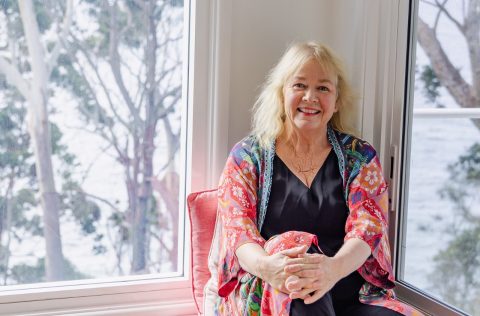
Audette Exel says, at the time, everybody thought that her idea “was completely crackers”. After about a decade in corporate law and global investment banking, she was ready to launch the social enterprise that she’d been planning for years. “I wanted to set up an investment banking business for the purpose of generating revenue to serve the world’s poorest women and girls in the most remote places,” says Exel.
In 1998, she founded the non-profit Adara Group and began working with communities in Nepal and Uganda, focusing on health, education and infrastructure in those areas.
“I’m not a person of wealth,” she says. “My early career in business was a pathway to see if I could get the skills to create funding and resources to change the lives of the most vulnerable people on the planet. Adara’s tagline is ‘Bridging worlds’ – I wanted to see if I could reach across that divide.”
Once the managing director of Bermuda Commercial Bank and a former non-executive director of Suncorp Bank and Westpac, the New Zealand-born businesswoman has long been “geekishly interested in models and frameworks”, she says. “I thought that maybe there’s a model where I can guarantee the financial viability of a not-for-profit.”
Exel started out with Adara Advisors and then, 10 years ago, added Adara Partners, which she describes as a “better mouse trap”. This second advisory brings together the “glitterati of the Australian corporate advice and investment banking worlds”, who work on transactions without recompense.
“When I turned 50, I realised Adara needs to survive without me and I thought, ‘I bet there are other people in the investment banking world, other deal-doers, who would love the fun that I have,’” says Excel. “It took me two years to get Adara Partners off the ground because I knew I needed the best in the business for people to take it seriously.”
In the past decade, Adara Partners – which now has a panel of 18, including David Gonski, Matthew Grounds, Catherine Brenner and Ilana Atlas – has generated more than $30 million for Adara’s international development arm.
Today, the Adara Group has grown into a hybrid organisation: profits from its corporate advice businesses provide the funds for Adara Development’s trusts and charities in Uganda, Nepal, Australia, Bermuda, the United Kingdom and the United States. “There’s no greater kick than when you close a big deal and make a couple of million bucks then get to fund maternity services for another three years for a community of hundreds of thousands of people,” says Exel.
Since its inception, the Adara Group has supported more than 800,000 people, elevating maternal and child healthcare and education steadily and successfully. Countless more people have benefited from its dedication to sharing knowledge; the group makes its successes and mistakes public in order to help other organisations improve their program design and delivery. Financed by its own businesses and donors, the Adara Group has so far generated more than $80 million to help people in need.
“It’s been an incredibly joyous roller-coaster,” says Exel. “I’ve got to see one-kilo babies turn 20 years old and a street kid, who we took into our program aged seven, graduate with a master’s in clinical psychology. There’s been no sacrifice on my part.”
A word on philanthropy
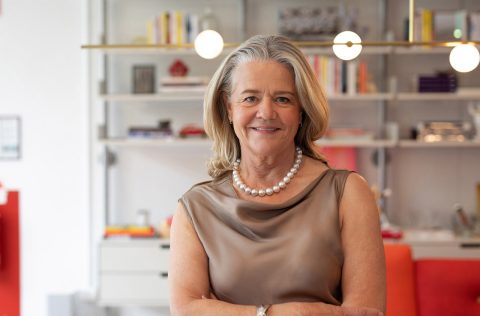
“I firmly believe philanthropy is at its best when it brings the power of communities, government and business together. Most communities already know what they need to thrive. We can help them make sustainable change and advocate for themselves in the long term,” says Nicola Forrest, founder of Coaxial and co-founder of Minderoo Foundation.
"Philanthropy is so much more than writing cheques. It’s about listening and unlocking communities’ strengths and respecting partners’ knowledge. It’s about elevating their leaders and amplifying their voices.
Of course, we can knock on the door of governments, suggest policy shifts, provide the evidence and push for systemic change, something the Minderoo Foundation’s Thrive by Five early childhood campaign has done really effectively. Philanthropy shouldn’t replace governments, which are responsible for providing essential services to all Australians, no matter where they live. We, however, can help governments to see how it can be done better.
Coaxial’s first initiative, Project Oasis, has a singular focus on tackling childcare deserts – the hundreds of communities across Australia where either there aren’t enough high-quality childcare places or there are none at all.
Like Thrive by Five, Project Oasis will bring multiple partners and agencies together to create access to high-quality early childhood education and care in these communities.
The evidence shows that this is beneficial not just for children but also for the entire community and broader economy. Without access to this education and care, kids are left disadvantaged and parents – especially mothers – find it harder to get back into work so this is also about women’s economic empowerment.
Australia’s greatest resource is human potential but at the moment too many Australians are being left behind. The challenge is big but so is the ambition and the willpower.”



